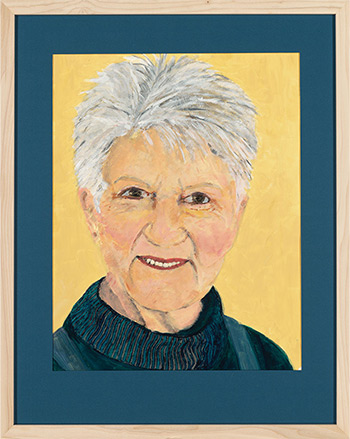
She leads by example.
Carol C., age 74
The odd thing about feeling my age is that it doesn’t really feel like anything special. I still am who I am, think what I think, feel how I feel. So, how am I supposed to “feel my age?” And what does that mean? If I forgot something important when I was forty, it was excusable . . . after all “she’s so very busy.” If I forget now do others think it’s an early sign of dementia? Should I be worried? If I reject some newer technology do others think I can’t learn it because I’m too old? Has it occurred to them I might not care about the supposed benefit? Should I care?
I’ve spent the better part of my adult life in what many consider a young women’s world . . . dance-fitness. Working with colleagues and peers who are younger than my children has taught me age really is what you make of it. Our studio offers a program geared to 60- to 80-year-olds and younger members at our studio who drop in for class are surprised at how effective the workout is for them. All of us in the class, including me, have some significant physical limitations but none of us is focused on what we can’t do, only what we can. We realize that fitness means well- ness, not just looking good, and wellness is attainable no matter what the calendar says.
So maybe it’s not so much about feeling my age as helping others understand that age does not define them. We are still capable, though perhaps a bit slower and in need of more rest. We may not be particularly wiser, but surely more experienced and, maybe, a bit more patient. And note to medical personnel, “age” is not the cause of every health challenge. All of which is to say that at my age I’m not better or worse than I ever was. I just am.